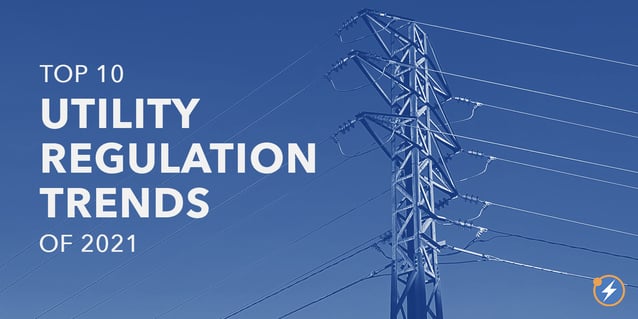
In California, Net Metering is Changing. Will It Be for Better or Worse?

Californians are grappling with recurring power shut-offs, wildfires, poor air quality, heat waves, and rising energy costs. These combined challenges are straining the electricity system as well as Californians’ finances, so much so that 55% of Californians say their monthly energy bill is a significant concern. To prepare our energy system and protect communities from worsening climate impacts, California must continue to make a rapid transition to clean electricity. But the way California supports solar, its leading clean energy resource, is about to change. If not done correctly, this change could threaten the state’s ability to meet its clean energy goals, and leave our electric power system more vulnerable than ever.
Topics: State Policy, PUCs, California Engagement
Colorado is Poised to Boost DERs Through Distribution System Planning
/CO%20DSP%20rules-1.png?width=750&name=CO%20DSP%20rules-1.png)
In most parts of the country, how utilities plan their distribution systems – the network of poles, wires and other equipment designed to support electricity delivery at the local level – is something of a “black box.” But now, with the continued proliferation of distributed energy resources (DERs) – ranging from rooftop solar to onsite battery storage and demand response – available to help manage electric supply and demand at the distribution level, that black box needs to be opened. Colorado is doing just that by joining a growing number of states that are implementing distribution system planning (DSP) rules for the first time.
Topics: State Policy, PUCs
/Top%2010%20Regulation%202021%20So%20Far.png?width=750&name=Top%2010%20Regulation%202021%20So%20Far.png)
Although 2021 is only halfway through, state utility regulators and regional grid operators have had their hands full considering issues at the cutting edge of the energy transition. How can utilities develop resource plans that align with state policy goals? How do all those mobile batteries in the growing fleet of electric vehicles (EVs) get integrated with the grid? How can customers be helped to make smarter energy decisions? These questions and more are on the docket in 2021, and Advanced Energy Economy has been tracking how regulators are tackling these complex issues. Even just halfway in, the regulatory trends from across the country suggest that 2021 will be another transformational year for advanced energy.
Topics: PUCs, Utility, Regulatory, Wholesale Markets
Arizona’s Clean Energy Rules Are Back on Track – But Derailment Is Still a Danger
/ACC%20rules%20revived.png?width=750&name=ACC%20rules%20revived.png)
On May 6, the clean energy train slid off the tracks in Arizona, taking with it the hope for the timely passage of the proposed Arizona Corporation Commission (ACC) Energy Rules to reach 100% clean energy by 2050. More than three years after the rulemaking train left the station, the ACC rejected the proposed rules in a surprise 3-to-2 vote. That decision came after nearly three years of official stakeholder engagement, bipartisan cooperation, and extensive participation of utilities, consumer advocates, and communities of faith in the robust process, with all of those groups ultimately supporting the proposed rules package. But it turns out this was not the end of the line for the proposed rules. They are now back on track, in a new form, although the journey is far from over.
Topics: State Policy, PUCs, Arizona